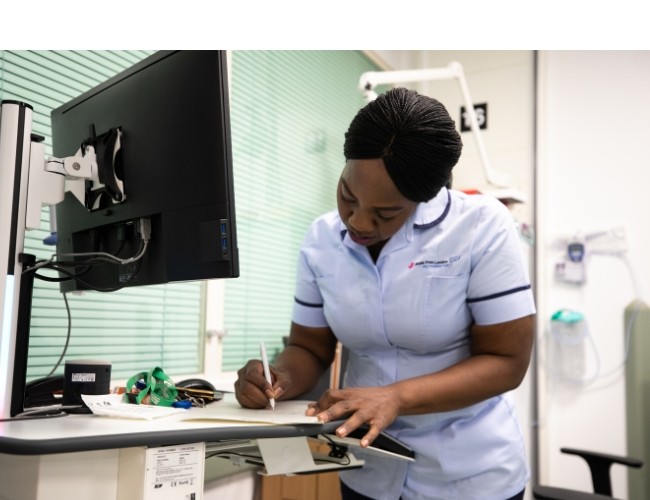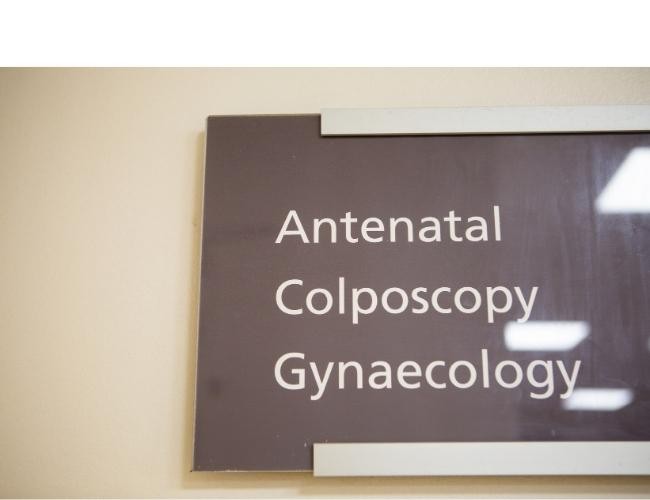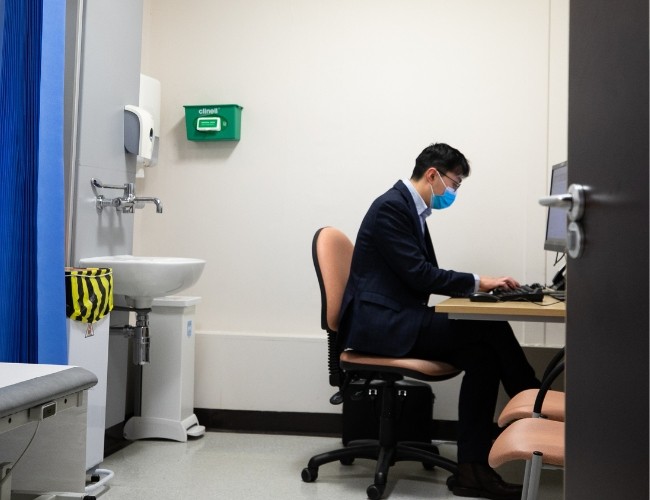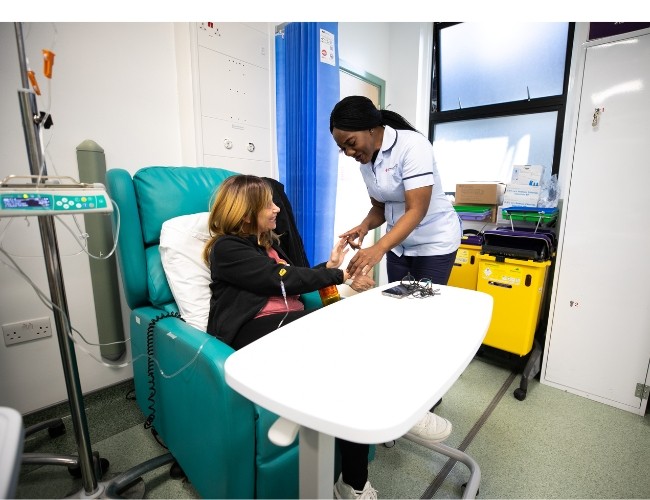Our cancer services department delivers high quality care to patients with cancer in the following specialities: breast, head and neck, lung, upper- gastrointestinal (UGI), thyroid, colorectal, urology, haematology and a paediatric oncology shared care unit (POSCU).
We provide systemic anticancer treatments such as chemotherapy, immunotherapy and other targeted treatments for adults as inpatients.
Our team has expertise in systemic anti-cancer therapy (SACT), biological treatments and immunotherapy.
We are a tertiary centre for hepatocellular, pancreato-biliary and skin cancer. We have the largest kidney cancer centre in Europe and are a centre of excellence for neuroendocrine tumours in Europe. We also have a large clinical trials portfolio, with national and international collaborations within all cancer types.
We provide an excellent service to ensure patients are diagnosed, treated, and supported with cancer. We have a large number of referrals via the two-week wait.
Cancer care is provided by a multidisciplinary team which includes oncologists, surgeons, pathologist, radiologists and clinical nurse specialists. Additional help may also be provided by physiotherapists, occupational therapists, dieticians, pharmacists and administrative staff.
Our treatments are tailored to each individual patient; the team will discuss this with you during your consultations.
A diagnosis of cancer can be an overwhelming experience and we appreciate there will be lots of questions. Provided by the North Central London Cancer Alliance, your cancer pathway support guide is for people who are referred on a suspected cancer pathway, or who have been diagnosed with cancer.
The guide has been designed for use by patients and/or their carers. It includes answers to key questions and signposts to information for people to ask of their healthcare team. The questions span the whole cancer pathway, so patients can use the guide at any stage.
Radiotherapy and medical physics services
A full range of the latest radiotherapy techniques is provided by our team, having invested heavily in state-of-the-art linear accelerator technology.
We provide image-guided radiotherapy (IGRT), stereotactic ablative body radiotherapy (SABR), intensity modulated radiotherapy (IMRT), and volumetric modulated arc therapy (VMAT). These techniques utilise imaging to guide the precise and efficient delivery of radiotherapy.
Acute oncology service
The acute oncology service (AOS) is a nurse-led service that provides a 24/7 telephone contact advice line for patients, carers and professionals.
Support is given to patients who experience complications related to cancer or who are receiving treatment, and our team assess and provide treatment for these patients.
They also provide a service for cancer patients who present as an emergency with acute complications of non-surgical cancer treatment. An AOS team of consultants will review inpatients within 24 hours of their admission.
Changing or cancelling your appointment
To cancel or change an appointment please call 020 8887 2640, or 2576 (Monday to Friday, between 8am and 5pm)
Radiotherapy central booking
Tel: 020 8887 3991
Radiotherapy CT suite
Tel: 020 8887 2871
Radioiodine appointments
Tel: 020 8887 3373
Oncology and radiotherapy reception and outpatient appointments
Tel: 020 8887 2640, or 2576
Chemotherapy day unit reception
Tel: 020 8887 3251, or 3335
Oncology ward
Tel: 020 8887 2568, or 3107
Oncology research department
Tel: 020 8887 2687
Oncology secretaries/pathway co-ordinators
Tel: 020 8887 2284, or 2784/3061/4638
Oncology hotline
Tel: 07423 459 076
Macmillan helpline
Outside of the centre opening hours, the Macmillan helpline is available to provide advice and support on 0808 808 0000, seven days a week from 8am to 8pm.
The support line offers comprehensive information on all aspects of cancer diagnosis and treatment. There are trained professionals on hand to offer guidance cancer related topics such as:
- clinical questions and information
- emotional support
- practical information
- financial support
- work guidance
- will writing
We accept referrals from GPs and hospital specialists. We also have a large tertiary referral practice dealing with patients from the UK and other countries.
Our Macmillan cancer information and support specialists are on hand for anyone affected by cancer.
At Maggie's Royal Free, if you or someone you care about has been diagnosed with cancer, you can talk to professional staff or share experiences with others in a similar situation.
Your cancer pathway support guide is for patients and/or their carers, and includes answers to key questions.
Evidence increasingly supports the role of physical activity and regular exercise, after a cancer diagnosis and during every phase of treatment.
Being more active before starting, during and after your cancer treatment can, in some cancers, reduce the risk of recurrence and increase survival rates. It can lower the risk of getting other health-related problems, and can reduce the side effects of your cancer treatment.
Physical activity is any movement that requires more energy than resting. It can be cardio-, strength- or balance-based. It can include brisk walking, household chores, dancing, games, yoga or pilates, gardening, cycling or sports such as running or tennis. It can be just breaking up periods of sitting with some activity for a couple of minutes!
It is recommended that adults complete 150 minutes of moderate activity every week. It may be that you need to slowly increase the amount of activity as your symptoms and energy during treatment allow. Make sure you schedule rest breaks during activity as well.
The amount and type of physical activity that is right for you will depend on the type of cancer you have, how active you were before your diagnosis, your treatment and its side effects, your age, and any other health conditions you may have.
Please speak with your oncologist or clinical nurse specialist prior to starting any exercise, to ensure that you stay safe and well throughout.
More information is available on the Macmillan Cancer Support website.
 Translate
Translate














